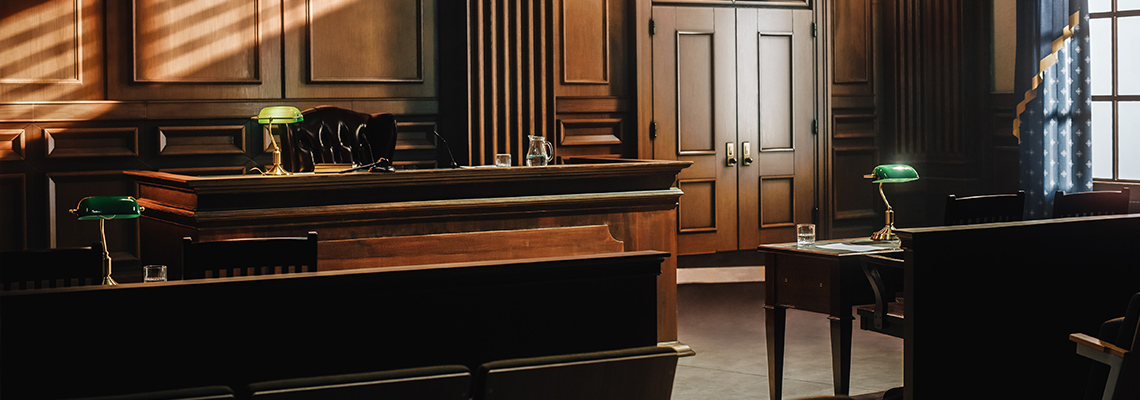Court Hearings Attorney in Fort Worth, Texas
 If you choose the litigation process, that means you are likely to go to court. Sometimes you don't have a choice because the other side filed and decided to go to court (or didn't know about Collaborative Law). Although most cases will eventually settle, if you go the litigation route, you will probably start in court and you can reasonably expect to go to court several times.
If you choose the litigation process, that means you are likely to go to court. Sometimes you don't have a choice because the other side filed and decided to go to court (or didn't know about Collaborative Law). Although most cases will eventually settle, if you go the litigation route, you will probably start in court and you can reasonably expect to go to court several times.
If you get to choose the process at the outset of your divorce case, here are some things to keep in mind about litigation.
Step 1: In Your Best Interest?
Court hearings are rarely the best way to resolve issues. They are stressful for the parties, expensive, slow, and often result in arbitrary rulings that don't solve the most important issues. Some attorneys adopt a strategy of wearing down the other party through expensive and stressful court hearings, discovery processes and threats. That approach is sometimes successful, in the sense that a party may wear out and give up, or they may run out of money. However, that doesn't bring peace and it is often very destructive to relationships between parents who still have to raise a child with each other.
Step 2: Easy Way Out?
Court hearings are sometimes referred to as an “easy way out.” It seems to take less effort and creativity to raise a complaint or issue and then just turn it over to the judge for a ruling if you can't reach a quick agreement. Finding or producing a unique solution tailored to the parties is hard work, but far more valuable and effective for the parties.
Step 3: Unavoidable?
Sometimes court hearings are unavoidable, especially if the other party is unreasonable or uncooperative, or if the other attorney is too conventional in his or her approach. If you have to go to court, you should have an experienced attorney with whom you are comfortable. Taking time to clarify your goals and understand the other party's positions is not wasted time. It will still help out your efforts in court.
Step 4: Good Decisions?
Decisions by busy judges often seem arbitrary and unhelpful to the parties who are most concerned with them. It is not unusual for a judge to just divide everything in half between the parties, regardless of whether one party has special reasons for wanting some assets and not wanting other assets. Hearings are usually conducted with limited time available, which means that an in-depth analysis is not possible. The result is often a fairly superficial view of the situation and standardized decision-making. Be prepared for that, if you plan to go to court.
Step 5: Choosing the Right Process
If this all sounds pretty negative, it's because there are a lot of negative aspects to the litigation process. No divorce process is easy or pain-free. You should consider carefully what your goals are and how you would like to end up. Keep in mind that litigation is a very public process and many people will be able to read the case records in your court file. The Collaborative process is private and confidential, as is mediation. Be sure to talk over your options with your attorney before you start off in one direction.
